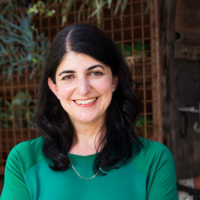Articles / How to get the nutrients you need without eating as much red meat


writer
Program Director of Nutrition and Food Sciences, University of South Australia
If you’re a red meat-eater, there’s a good chance you’re eating more of it than you should. At last count, Australians ate an average of 81 grams of red meat per day.
The planetary health diet was developed by researchers to meet the nutritional needs of people around the world, while reducing food production’s environmental impact. It recommends reducing our red meat intake to around 14g a day. That’s around 100g of red meat a week.
Australia’s dietary guidelines are more conservative and recommend limiting red meat intake to a maximum of 455g a week, or 65g a day, to reduce the additional cancer risk that comes from eating large quantities of red meat.
So, what should you eat instead? And how can you ensure you’re getting enough protein, iron, zinc and vitamin B12?

Postural Orthostatic Tachycardia Syndrome in Women

Big Heads & Small Heads

Peanut Allergy

writer
Program Director of Nutrition and Food Sciences, University of South Australia



Increase
No change
Decrease
Listen to expert interviews.
Click to open in a new tab
Browse the latest articles from Healthed.
Once you confirm you’ve read this article you can complete a Patient Case Review to earn 0.5 hours CPD in the Reviewing Performance (RP) category.
Select ‘Confirm & learn‘ when you have read this article in its entirety and you will be taken to begin your Patient Case Review.